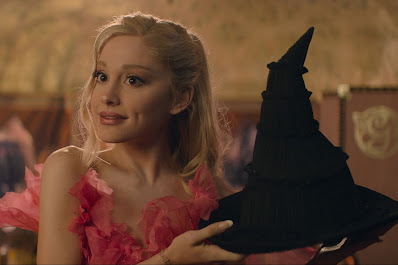Later in 1927, Belle Baker introduced the song My Yiddishe Momme to the American public. The song was made even more famous by Sophie Tucker and popularized by The Barry Sisters. The song was extremely important from a Jewish American standpoint during this time, as it represented internal conflict over Jewish assimilation into western societies.The song was viewed very positively by gentiles and eventually became so popular around the world that it was banned in Nazi Germany and that Jewish prisoners of concentration camps would often sing it.
Baker had a brief film career as silent film gave way to lavish technicolor musical talkies. She made her film debut starring in the 1929 talkie Song of Love. The film survives and has been screened at film festivals but not released on DVD. Song of Love features two songs performed by Baker written by her husband, "I'm Walking with the Moonbeams (Talking to the Stars)" and "Take Everything But You". She made two more film appearances, in Charing Cross Road (1935) and Atlantic City (1944; in which she performed "Nobody's Sweetheart").
In 1932, Baker became a regular on Jack Denny's radio program on CBS. She was a guest performer on The Eveready Hour, broadcasting's first major variety show, which featured Broadway's top headliners. Baker continued performing through the 1930s, but limited her performances to radio shows.
Baker's first marriage was in 1913, to producer and promoter Lew Leslie. The couple divorced in 1918. In 1919, she married Maurice Abrahams, a successful Russian-American songwriter/composer, who wrote such songs as "Ragtime Cowboy Joe", "He'd Have to Get Under — Get Out and Get Under (to Fix Up His Automobile)", "I'm Walking with the Moonbeams (Talking to the Stars)", and "Take Everything But You". The couple had one child, Herbert Joseph Abrahams, later known as Herbert Baker, who became a screenwriter. After Abrahams' death in 1931, Baker restricted her performing to radio. On September 21, 1937, she remarried, to Elias Sugarman, editor of the theatrical trade magazine, Billboard. The couple divorced in 1941. She made one final television appearance in This Is Your Life in 1955, just two years before her death.

Baker was a Zionist, stating in 1924: "I am a firm believer in Zionism. I believe that the Jewish people should have a home of their own. It is the one prayer our fathers have been saying through the centuries." While in England in 1935, Baker hosted a show to raise money for Jews fleeing Nazi persecution through the United Jewish Appeal.Several years before her death, she performed several songs at the opening of a Congregation Sons of Israel on Irving Place alongside the president of the American Jewish Committee, Rabbi Irving Miller.
Many of Baker's family later became involved with show business after her. Her brother, Irving Becker, married stage actress Vinnie Phillips and became a road manager for a production of Tobacco Road. Additionally, the broadway actress, Marilyn Cooper was her niece.
Baker was very well known and famous throughout her lifetime. At the height of Baker's popularity in the 1920s, a poll taken from over 3 million people found her and Sophie Tucker to be tied for the most popular Vaudeville stars.
Many of Baker's songs, such as My Yiddishe Mama, Blue Skies and All Of Me are still popular to this day. During her lifetime, she was referred to as "the Female Al Jolson and the Sarah Bernardt of Songland." Like Jolson and Bernardt, Belle Baker is sadly forgotten today in 2024...


.jpg)
_poster.png)



















.jfif)

